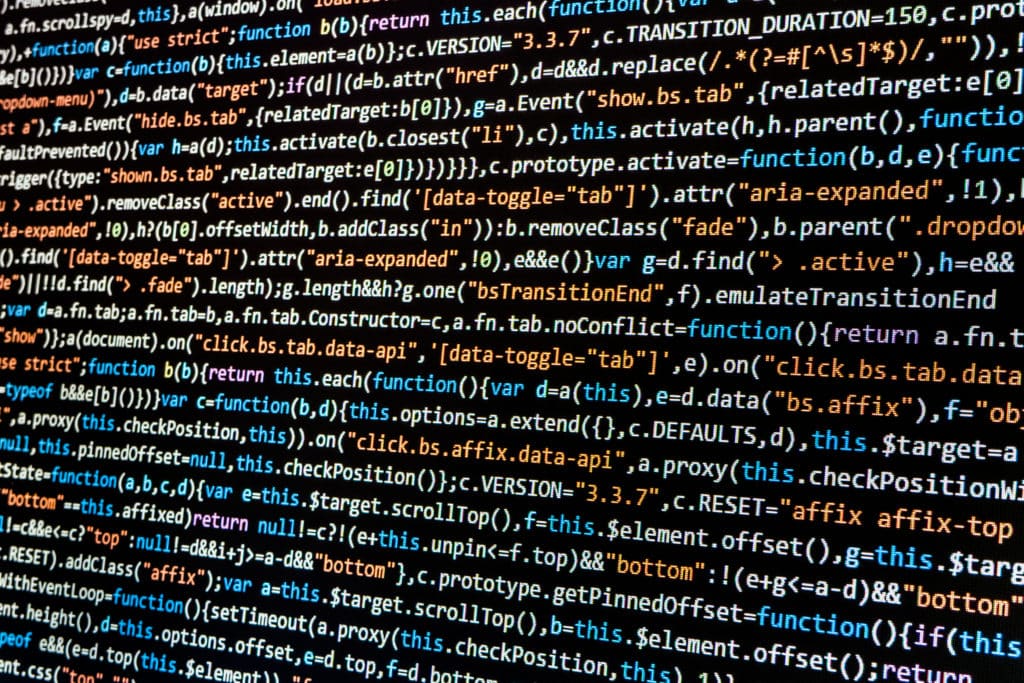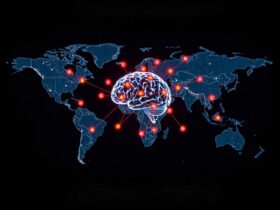In the rapidly evolving field of artificial intelligence (AI), where cutting-edge technologies are being developed and deployed, it is natural to wonder about the qualifications required to work in this domain. As AI becomes more integrated into various industries and sectors, the demand for skilled professionals in this field continues to grow. While there is no specific educational path or degree that guarantees a career in AI, certain qualifications and skills are highly valued in this industry. This article aims to explore the minimum qualifications needed to embark on a career in AI.
Introduction
Artificial Intelligence, often abbreviated as AI, refers to the development of computer systems capable of performing tasks that would typically require human intelligence. These tasks include problem-solving, decision-making, language processing, pattern recognition, and much more. AI has the potential to revolutionize industries such as healthcare, finance, transportation, and entertainment, making it an exciting and promising field to pursue a career in.
Understanding Artificial Intelligence
Before delving into the qualifications for AI, it is crucial to have a clear understanding of what AI entails. AI encompasses various subfields, such as machine learning, natural language processing, computer vision, robotics, and expert systems. Proficiency in these subfields is essential for professionals aiming to work in AI. Familiarity with programming languages like Python, R, and Java is also beneficial for developing AI algorithms and models.
Essential Skills for AI Professionals
To excel in the field of AI, certain skills are fundamental. These skills include:
1. Mathematical and Statistical Knowledge
AI heavily relies on mathematical concepts and statistical models. A strong foundation in areas such as linear algebra, calculus, probability, and statistics is necessary to understand and develop AI algorithms effectively.

2. Programming and Data Handling
Proficiency in programming languages is crucial for implementing AI algorithms. Python, with its extensive libraries such as TensorFlow and PyTorch, is widely used in the AI community. Additionally, knowledge of data handling, manipulation, and preprocessing techniques is vital for working with large datasets.
3. Problem-Solving and Critical Thinking
AI professionals should possess excellent problem-solving and critical thinking skills. They need to identify and break down complex problems into manageable components, devise innovative solutions, and evaluate their effectiveness.
4. Domain Knowledge
Understanding the industry or domain in which AI applications will be deployed is beneficial. Domain knowledge allows AI professionals to design and develop solutions tailored to specific requirements and challenges within that field.
Educational Background for AI
When it comes to educational qualifications, there is no strict requirement for a specific degree to pursue a career in AI. However, having a strong educational foundation in relevant fields can significantly enhance one’s chances of success. Here are some disciplines that can provide a solid base for an AI career:

1. Computer Science
A degree in computer science equips individuals with the necessary programming, algorithmic, and computational skills. It covers various aspects of AI, including data structures, algorithms, machine learning, and computer vision.
2. Mathematics and Statistics
A background in mathematics and statistics provides a solid understanding of the mathematical principles underpinning AI. It helps individuals grasp complex concepts, develop algorithms, and analyze large datasets.
3. Engineering and Physics
Engineering and physics degrees foster problem-solving skills and analytical thinking. These disciplines often involve working with complex systems and mathematical models, which are valuable in AI development.
4. Cognitive Science and Psychology
Studying cognitive science and psychology can provide insights into human cognition and behaviour, which are essential for designing intelligent systems that mimic human intelligence.
Specialised AI Programs and Courses
Apart from traditional educational paths, specialized AI programs and Artificial Intelligence Course have gained popularity. These programs focus specifically on AI-related topics and provide targeted training. Some renowned institutions offer online courses, boot camps, and master’s programs specializing in AI. These programs cater to individuals with diverse educational backgrounds and are designed to bridge the gap between theory and practical applications.
Certifications in AI
Certifications in AI serve as valuable credentials, showcasing a professional’s expertise and commitment to the field. There are several certifications available, such as:
- Certified Artificial Intelligence Professional (CAIP): A globally recognized certification that validates AI knowledge and skills.
- Google Cloud Certified – Professional Data Engineer: This certification demonstrates proficiency in using Google Cloud technologies for AI development.
- Microsoft Certified: Azure AI Engineer Associate: An endorsement of skills in implementing and deploying AI solutions using Microsoft Azure.

Practical Experience and Projects
While formal education and certifications lay the groundwork, practical experience and hands-on projects are invaluable for gaining expertise in AI. Engaging in real-world projects allows individuals to apply theoretical knowledge, encounter challenges, and develop problem-solving skills. Participating in AI competitions, contributing to open-source projects, and undertaking internships or research opportunities can provide the practical exposure needed to succeed in the AI field.
Industry Knowledge and Networking
Staying updated with the latest advancements, trends, and applications in AI is crucial for professionals in this field. Following industry publications, attending conferences, and joining AI communities and forums help individuals broaden their knowledge and stay connected with fellow practitioners. Networking with experts and professionals in AI can lead to collaborations, mentorship opportunities, and exposure to cutting-edge projects.
Continuous Learning and Adaptability
The field of AI is rapidly evolving, with new algorithms, frameworks, and techniques emerging regularly. Therefore, a commitment to continuous learning and adaptability is vital for AI professionals. They must stay abreast of the latest research papers, attend workshops, and enroll in advanced courses to stay ahead of the curve.
AI Career Paths
AI offers a diverse range of career paths. Some common job roles in AI include:
- AI Researcher
- Data Scientist
- Machine Learning Engineer
- AI Consultant
- Robotics Engineer
- Natural Language Processing Engineer
- These roles can be found across industries, including healthcare, finance, e-commerce, and autonomous vehicles.
Conclusion
The minimum qualification for AI does not have a one-size-fits-all answer. However, a combination of educational background, specialized training, practical experience, and a passion for learning are key ingredients for success in this field. Whether one holds a computer science degree or comes from a different educational background, the continuous pursuit of knowledge and staying updated with the latest industry trends are crucial in the fast-paced world of AI.














Leave a Reply